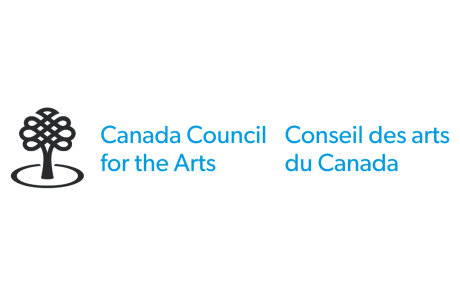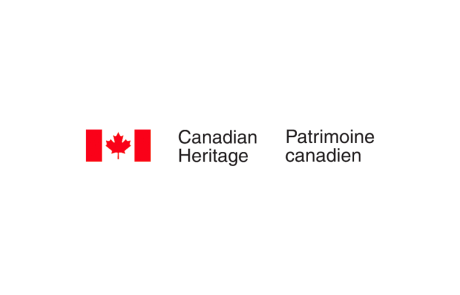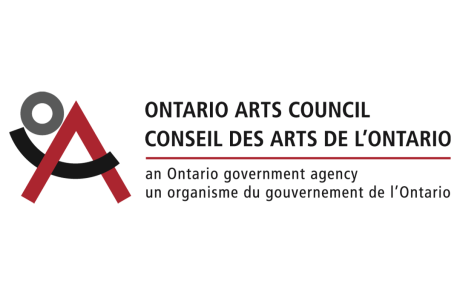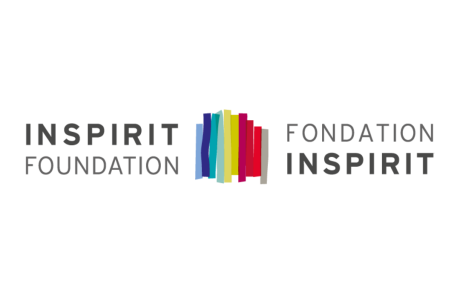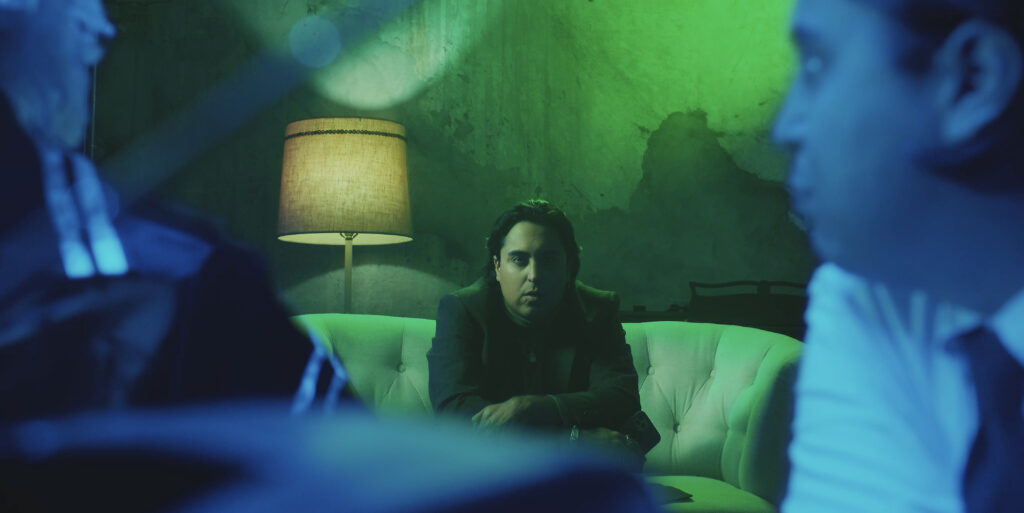
Production Still from Headdress by Tai Leclaire
Headdress Review
By Teyohá:te Brant
When we buy tickets to a music festival, we’re sold the picturesque ideal of free-spiritedness. Festivals are a a space where we can listen to our favourite artists and escape the mundane of the everyday. Contrasting the freedom that we are promised by festival promoters, Taietsarón:sere ‘Tai’ Leclaire’s short film, “HEADDRESS” identifies a specific moment of disillusionment at a music festival when a white woman walks by wearing a headdress, showing how as Onkwehón:we, we are not afforded that same free-spiritedness in cultural spaces with predominately white people. Taietsarón:sere, who is Kanien’kehá:ka from Kahnawà:ke Mohawk Territory, provides a clever glimpse into how an ignorant fashion choice can cause anxiety and inner turmoil.
The caricature of a white person wearing a headdress is a familiar one, arguably, a staple of festival fashion. Cultural appropriation is evident within festival attire, as people attempt to leave their everyday and take on new personasPeople style clothing and accessories in an effort to reflect the concept of “free-spiritedness” that is endorsed by music festival culture. However, ironically we know being Native means collective community responsibility much more than the romanticism of free-spiritedness. When people choose to wear headdresses, or other symbols of Onkwehonwenéha, they reveal their limited understanding of Onkwehón:we . Further, they expose their understanding of Onkwehón:we as being steeped in stereotypes of ‘savagery’. While this savage is inherently racist, it still is taken-up broadly within society as a misplaced representation of freedom.
Unfortunately, the caricature of a white person wearing a headdress collapses the vast diversity of Onkwehón:we nations, who each have distinct garments and cultural symbols, into a single homogenous group. As Tai and his two friends witness this woman walk past them with dumbfounded looks and immediately, one of them prompts Tai and asks, “are you going to say something?” Of course, this question assumes that it’s his responsibility to resolve the issue by virtue of his background as an Onkwehón:we. We follow Tai as he retreats into the depths of his mind and the various intersections of his identity come together to determine how he should respond. The inaccurate, age-old, and frankly, boring notion that Onkwehón:we are all the same is juxtaposed by the collage of emotions, experiences, and identities that make up Tai’s individuality.
Onkwehón:we are often reduced to two-dimensional characters, flattened by the perceptions and stereotypes that fuel misunderstandings of what it means to be “Onkwehón:we”. These stereotypes confine Onkwehón:we into very small boxes with formulaic standards of appearance and lifestyle. Dangerously, these colonially imposed benchmarks also dictate broad societal perceptions of an individual Onkwehón:we’s potential.
Tai challenges this narrow view of Onkwehonwenéha by revealing the contrasts that exist within himself. We are introduced to his professional, bougie, traditional, queer, goth, and future egos. Professional Tai hosts a meeting with all the other Tai’s present to decide how they ought to respond to the woman in the headdress. Each character embodies certain clichés associated with their personality. For instance, Professional Tai is uptight and busy writing out ideas on a large whiteboard. His voice is masked by the hyper-friendly but strained intonation consistent with the corporate world. Meanwhile, Goth Tai is sullen, irritable, and clings to the fact that he was Tai’s first identity. Goth Tai is fed up with Professional Tai and rallies the other identities in an effort to overthrow him and regain control of Tai’s mind. Understandably, chaos ensues and the ‘real’ Tai begins to panic.
The film is witty, fun, and colourful. It explores the ignorance of white culture without being unnecessarily serious. Tai makes the point that it’s not uncommon for Onkwehón:we to experience genuinely annoying and racist social interactions in the day-to-day. When someone buy tickets to a music festival, regardless of where they come from, they are likely imagining themselves hanging out with friends, dancing to live music and probably not considering how they might also have to manage a racist interaction. Still, Tai raises this topic from a grounded place. The inner-Tai identities he introduces to us to are quirky and flawed. He pokes fun at himself through these identities and doesn’t pretend to be perfect or all-knowing.
Onkwehón:we people come in all shapes, colours, and sizes. Some are from the Rez and some grow up in the city. Some are mixed. Some are immersed in their culture and others don’t have the same exposure. Some speak their language. Others don’t. Like Tai, some prefer Coke over Pepsi. Some Onkwehón:we might even be goth and, in moments of extreme indecisiveness, experience internal power struggles when confronted by a white woman in a headdress. In whatever way we choose to express ourselves as Onkwehón:we, Tai’s film sends the message that we ought to do so proudly and without hesitation.

Taietsarón:sere ‘Tai’ Leclaire is a Native American actor, comedian, writer. His short film “Headdress” that he wrote, directed, and starred in premiered at the 2023 Sundance Film Festival. He was a Story Editor and actor on the NBC comedy series Rutherford Falls by Mike Schur, Ed Helms, and Sierra Teller-Ornelas. Tai has been selected as a member of the 2022 Sundance Native Lab and was recently awarded The Indigenous list in Partnership with The Black List. He is a former house performer at Upright Citizen’s Brigade Theatre. He’s also performed at festivals around the country.

Teyohá:te Brant is a writer raised in the Kanien’kéha (Mohawk) community of Tyendinaga. She is a recent graduate of Kanien’kéha Ratiwennahní:rats, an adult language immersion program based in Kahnawà:ke Mohawk Territory. Teyohá:te is continuing to study and learn Kanien’kéha. She is dedicated to helping strengthen the language. She currently works at Ionkwaká:raton/Sharing Our Stories as a Story Collector. Teyohá:te holds an Honours Bachelor of Arts in Philosophy and has previously contributed to research focusing on homelessness, social justice, and Indigenous health outcomes. You can find her poetry published in LBRNTH Magazine.


